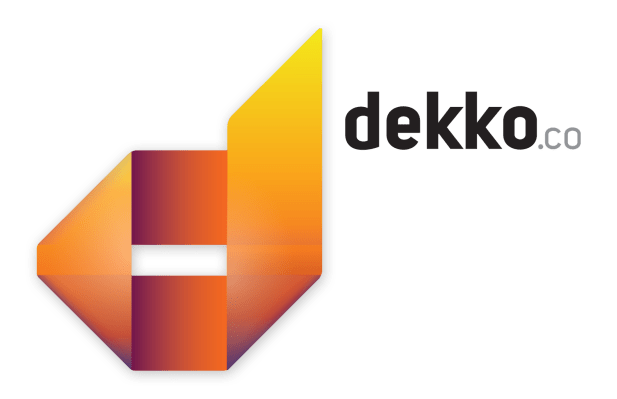When we we last talked to augmented-reality startup Dekko back in September of last year, the company was building a platform on which it hoped to find developers to build a new generation of applications that blend computing with the real world. And while it still hopes to be that platform, which it’s calling a “real-world operating system,” the company is focusing its efforts to create its own applications to attract users and developers alike.
The startup has built technology that can be used to map the real world using a mobile phone or tablet’s camera. It does that by building digital grids through 3-D mapping. Once that is done, Dekko (and other developers) can layer games and other applications on top of it. For now, its app is focused on creating a grid of small, independent spaces. But there’s the potential for it to be used to map full-scale, real-world environments as well.
Dekko co-founder Matt Miesnieks likened the company’s initial platform approach to selling shovels during a gold rush. That strategy, though, wasn’t going to help create the best applications on its whole new “real-world OS,” and so the company decided to take up shovels itself and dig in to create its own apps. And so it’s building its first game — which Miesnieks says is about 90 percent done — to showcase what developers can actually DO with its platform.
In that respect, the app that it’s building is similar to how Microsoft built Solitaire for its Windows platform, Miesnieks said. More than just providing a free game for users of the new operating system, it also trained them how to use a mouse and to familiarize themselves with the control mechanism.
Dekko has also raised a bit more funding, adding an additional $1.3 million to close out a $3.2 million round. Investors include Echo Ventures, Bessemer Venture Partners, Venture 51, Blumberg Capital, Launch Capital, Thomvest, Eniac Ventures, and Zig Capital, as well as angels like Howard Lindzon, Erik Moore, Dan Conway, and Raymond Tonsing.
The company, which is based in San Francisco, now has 10 employees with expertise in augmented reality, optical tracking, 3-D reconstruction and user experience design.
